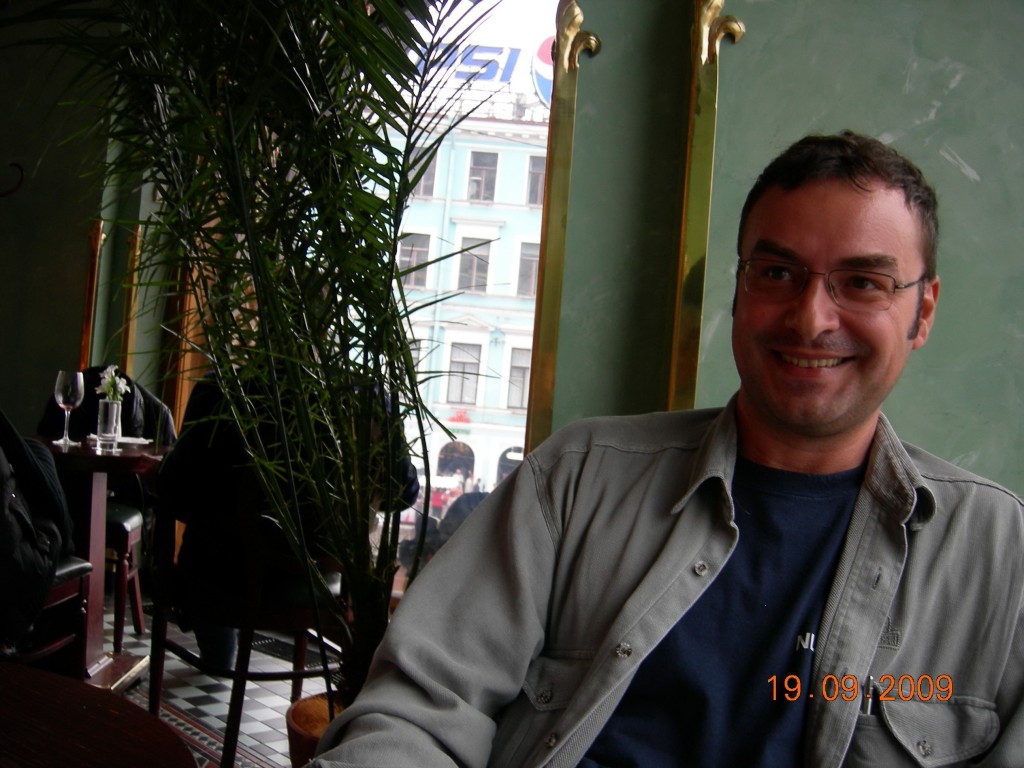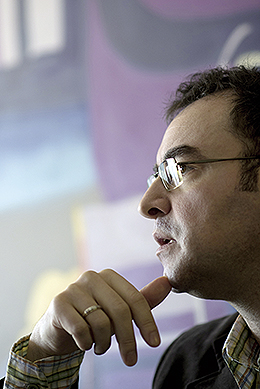Jovo Bakić is a Serbian sociologist. Born in 1970 in Belgrade, where he has lived with minor interruptions since 1985. He lived in Niš, Prizren, Sarajevo, Podgorica. He was also trained at the universities of Oxford, Helsinki and the University of Massachusetts at Amherst. In addition to the study “Yugoslavia – destruction and its Interpreters” and a series of short studies in scientific periodicals, in 2004 published a book “Ideology of Yugoslavism between Serbian and Croatian nationalisms, 1918-1941.” He is interested in historical sociology of politics and sociology of knowledge, especially the theory of nation and nationalism, different ideologies, the former Yugoslavia and its successor states. He is known for his very open comments on the political scene of Serbia. We spoke with Jovo Bakić the day after the elections in Serbia.

Let’s start with the election night – how do you comment on the behaviour of the REC and CeSID?
Their behaviour was very professional and correct, while the opposition was unprofessional and their behaviour was hysterical.
What is the role of your knowledge so-called “Bulgarian train” in these elections?
The same as in all elections so far.
What are for you the biggest electoral surprises?
It is surprising that 7 of the electoral lists are entering in the Assembly, and as much as 4 of them just above election threshold. In addition, the surprise is the election result of LSV in Vojvodina wihich is weaker than the opinion polls predicted.

What future do you foresee for the parties that were on the edge of election thrashold- DS, LDS, SDS, DSS …
I’m sad that they are continuing their political activity because they are all, without exception, great political pests.
What will, in your opinion, be the political future of the movement Dosta je bilo (Enough is enough)?
They equated with the Democratic Party, which indicates that their future is not bad, but the leader of the movement does not seem trustworthy.
Photo by Marko Rupena
In the past year or two there was a flood of “political analysts” whose only task was to justify and explain every move the government. How did it happen?
Political analysts have always been, even before 2012, a commodity that can be easily and cheaply purchased. “Give my wife a lightweight and well-paid job, and we will talk all you expect from us.” Nothing has changed. It is possible that earlier governments worked more discreetly and more indirectly, but I can not know that for sure.
Do you expect this time, as it was in 2008 and 2012, that the foreign embassies will have an impact on the formation and composition of the Government of Serbia?
Of course, it will not be changed any time soon.
What in your opinion the greatest challenges awaiting the new government until the end of 2016?
The only real challenge is the sacking of the crowd of SNS- parasites (a good number of them do not appear at work, although they are duly paid, a part of them appears, but they are so incompetent that they are actually making a big detriment) for the state administration, public enterprises, cities and municipalities under SNS administration. I would be very happy if SNS betrays my expectations in this respect, and sack all progressive party leeches and other prey hunters in Serbia.
